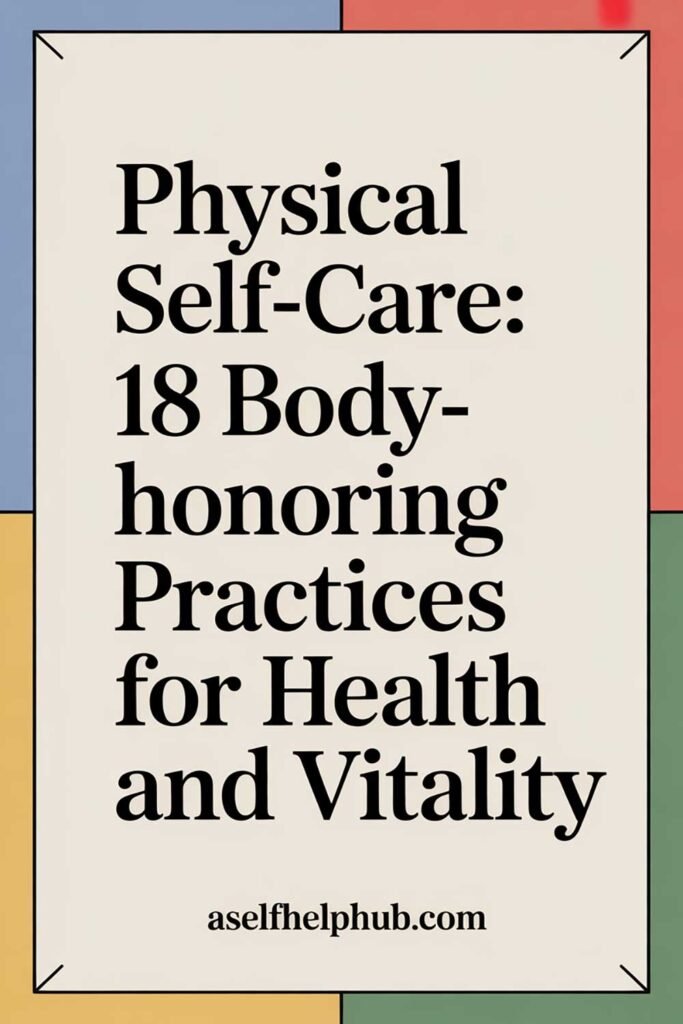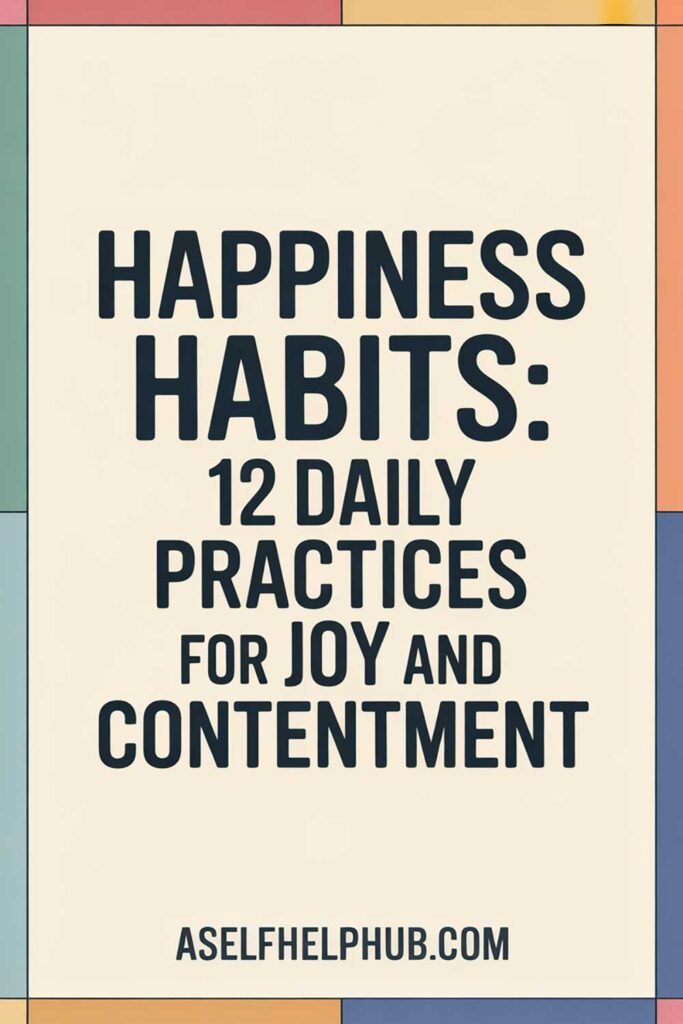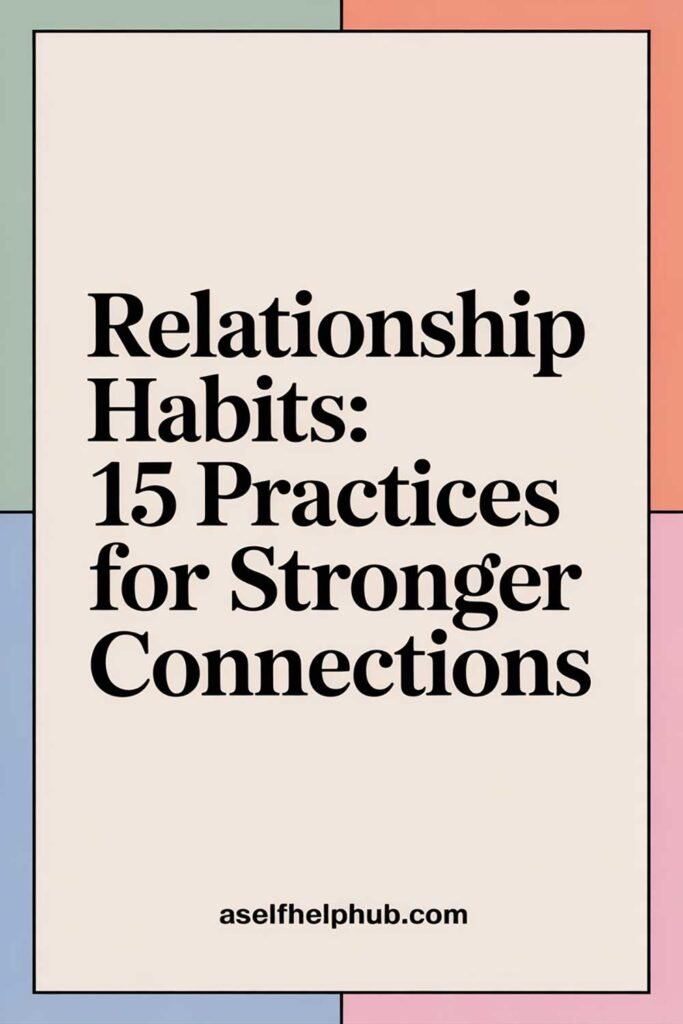14 Budgeting Mistakes That Are Keeping You Broke
Creating a budget is one of the most powerful financial tools you can use. But even with the best intentions, many people make budgeting mistakes that sabotage their progress and keep them stuck in the paycheck-to-paycheck cycle. If you want to break free from financial stress and finally build real wealth, it’s time to recognize and fix these common budgeting errors.

1. Not Having a Budget at All
This is the biggest mistake of all. Without a plan, your money has no direction.
Real-Life Example: Jessie had no budget and often wondered why she never had money left. Once she started tracking spending, she identified $600 a month in waste.
2. Guessing Instead of Tracking
If you’re estimating your expenses without actual data, your budget will never be accurate.
Real-Life Example: Mike guessed he spent $300 on groceries. In reality, it was closer to $600. That gap was draining his savings.
3. Not Including Irregular Expenses
Annual or seasonal costs like car insurance, holidays, or medical co-pays are often forgotten.
Real-Life Example: Tina forgot about annual Amazon and Costco renewals. They always hit at the worst time. Now, she adds them to her budget monthly.
4. Being Too Restrictive
Cutting too much too fast can backfire and cause burnout.
Real-Life Example: Sarah tried to live on $50/week for groceries and eventually gave up. She adjusted to $75 and made better progress.
5. Not Having an Emergency Fund
A budget without a safety net can collapse at the first unexpected expense.
Real-Life Example: When John’s car broke down, he had to rely on a credit card. Now, he budgets $150/month for emergencies.
6. Failing to Review and Adjust Monthly
Life changes. Your budget should too.
Real-Life Example: Amanda got a raise but didn’t adjust her savings goals. She used the extra income for takeout until she reset her budget.
7. Not Budgeting for Fun
If you don’t include some guilt-free spending, you’re more likely to splurge or give up.
Real-Life Example: Jason added a $50/month “fun fund” to treat himself. It kept him from overspending elsewhere.
8. Relying on Credit Cards to Fill Budget Gaps
Using credit to make up for poor planning keeps you in a debt trap.
Real-Life Example: Becca used credit cards to pay bills. She now budgets for all essentials first, then uses any surplus to pay off debt.
9. Not Tracking Daily Spending
Small purchases add up quickly.
Real-Life Example: Zack started tracking every expense in a free app and was shocked by how much he spent on coffee and snacks.
10. Forgetting to Budget for Savings
Savings should be treated like a bill—non-negotiable.
Real-Life Example: Carmen made “savings” her top line item. Within a year, she built a $7,000 emergency fund.
11. Failing to Communicate With Your Partner
Money issues are a top cause of relationship stress. Teamwork matters.
Real-Life Example: Rob and Ella had separate spending habits that clashed. Once they budgeted together, they hit savings goals faster.
12. Not Using Budgeting Tools
Trying to manage your budget in your head rarely works. Use apps or spreadsheets.
Real-Life Example: Nina switched from mental math to YNAB and gained total clarity over her finances.
13. Setting Unrealistic Goals
If your expectations are too high, you’re setting yourself up to fail.
Real-Life Example: Tom planned to pay off $10,000 in debt in 4 months but got discouraged. He adjusted to 12 months and stuck with it.
14. Thinking Budgeting Means Deprivation
Budgeting isn’t about saying no to everything—it’s about saying yes to what matters most.
Real-Life Example: Lena reframed her budget as a “freedom plan.” It helped her pay off debt and still travel.
20 Inspirational Quotes About Budgeting and Financial Discipline
- “A budget is telling your money where to go instead of wondering where it went.” — John C. Maxwell
- “Do not save what is left after spending, but spend what is left after saving.” — Warren Buffett
- “Beware of little expenses. A small leak will sink a great ship.” — Benjamin Franklin
- “The key to budgeting is discipline, not deprivation.” — Unknown
- “You can’t improve what you don’t track.” — Unknown
- “Budgeting isn’t about limiting yourself, it’s about making the things that excite you possible.” — Unknown
- “Financial peace isn’t about how much you make. It’s about how you manage what you make.” — Dave Ramsey
- “When you control your money, you control your life.” — Unknown
- “Budgeting is the foundation of financial success.” — Unknown
- “A goal without a budget is just a wish.” — Unknown
- “Spending without a budget is like sailing without a compass.” — Unknown
- “Small budgeting tweaks create massive financial change.” — Unknown
- “Your habits determine your future.” — Jack Canfield
- “The best time to start budgeting was yesterday. The next best time is now.” — Unknown
- “Cutting expenses is like giving yourself a raise.” — Unknown
- “Budgeting is a form of self-care.” — Unknown
- “Money is a tool. Budgeting is the blueprint.” — Unknown
- “Save before you spend. Always.” — Unknown
- “Clarity in budgeting brings confidence in life.” — Unknown
- “Budgeting is how you tell your money you’re the boss.” — Unknown
Picture This
Imagine checking your bank account and feeling calm instead of stressed. Every bill is accounted for. Savings are growing. You’re not just surviving—you’re thriving. Each month, your money brings you closer to your dreams, not further into debt. Budgeting isn’t a burden—it’s your freedom map.
What would your life look like if you mastered your budget instead of letting it master you?
Share This Article
Know someone struggling to get their money under control? Share this article or post it on social media. A better budget starts with awareness.
Disclaimer
This article is based on real-life experiences and general budgeting practices. It is for educational purposes only and not intended as financial advice. Always consult a licensed financial advisor for personal recommendations.






